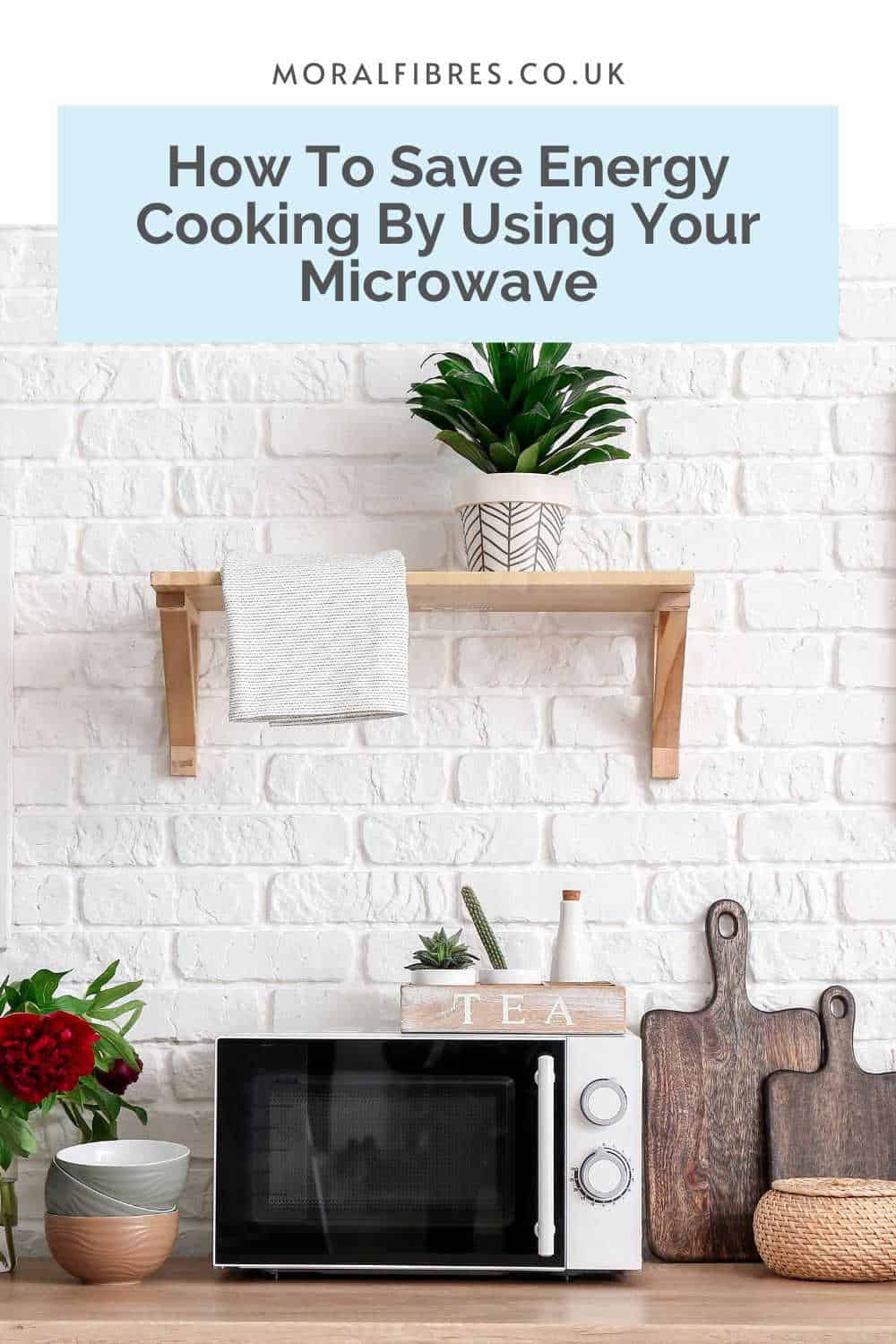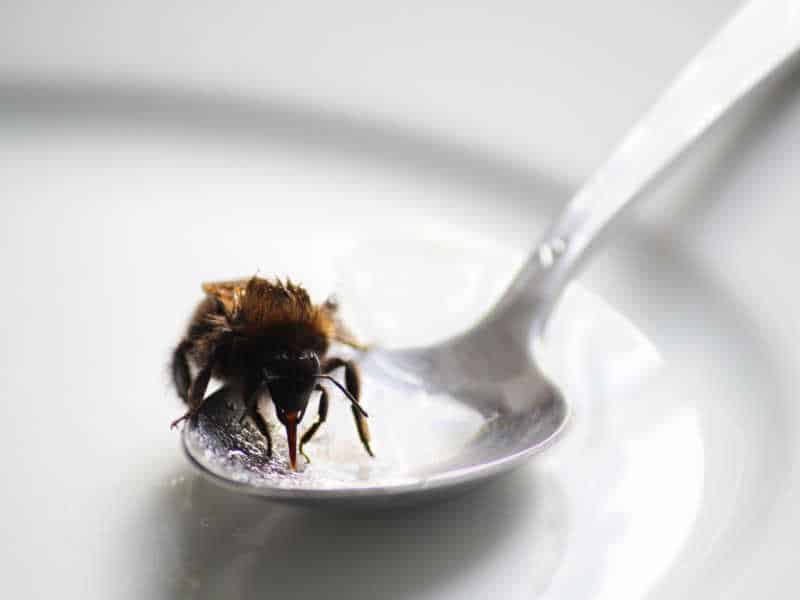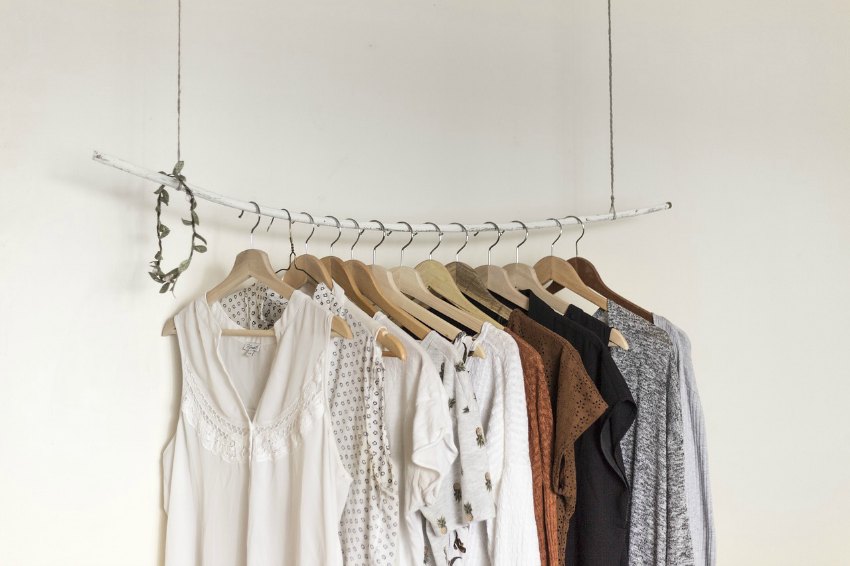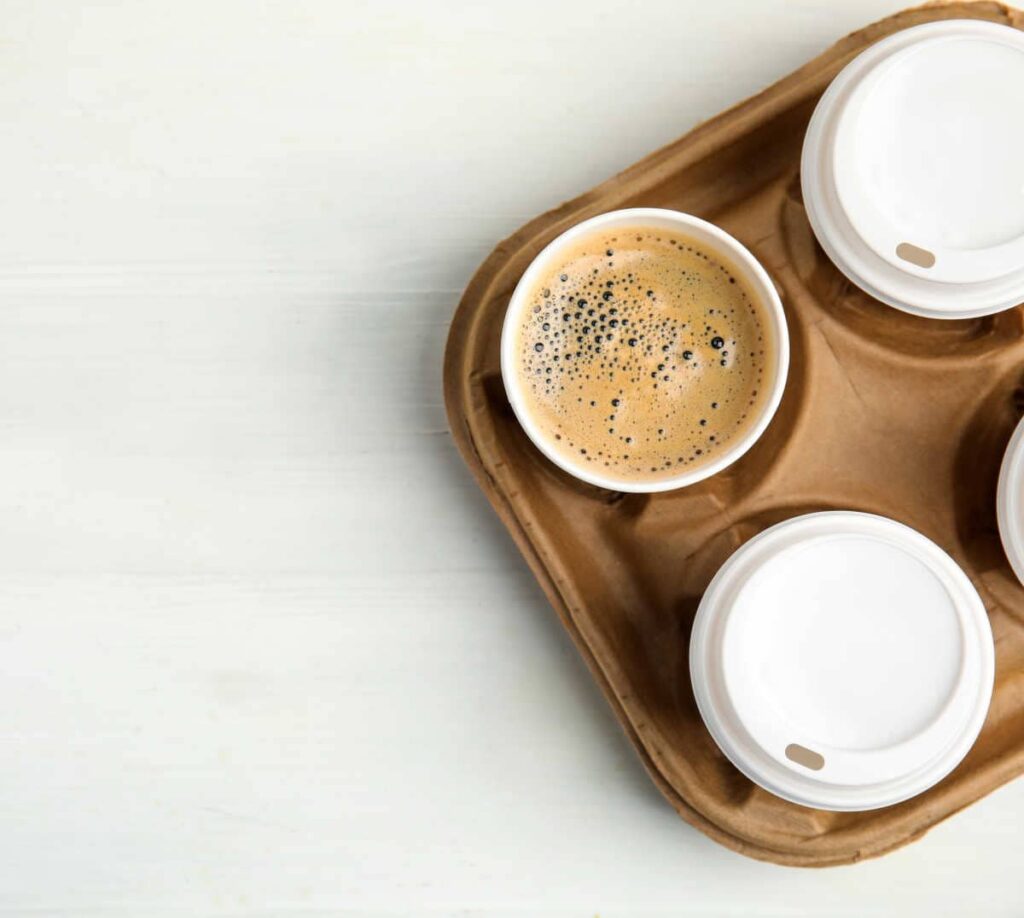How To Save Energy While Cooking By Using Your Microwave
To support the running costs of Moral Fibres, this post contains affiliate links. This means Moral Fibres may earn a small commission, at no extra cost to readers, on items purchased through these links.
Cook smarter, not harder, with this easy tip on how to save energy when you are cooking.
If you’re looking to reduce your carbon footprint and lower your energy bills, making your kitchen more energy-efficient is a great place to start.
Energy saving is important for the environment because on average, the electricity and gas we use creates about a quarter of all carbon emissions from our homes. Cut our electricity and gas use, and we cut our carbon emissions, helping to tackle climate change.
Whilst you can save energy by making improvements to your home, I really want to focus on the tips anyone can do. Whether you own your home or not. So I’ll be focusing on the tips that don’t need any fancy equipment, nor do they require you to spend any money whatsoever. This is especially relevant as energy bills are set to rise even further in 2023 and beyond.
As the kitchen is one of the places where we consume the most energy in our homes, I’ve got a clever tip for you on how to save energy whilst you are cooking. Which, whatever form of energy you’re talking about, then I am all for!
How To Save Energy Cooking

Whether you pronounce it microwave or meek-ro wah-vé a la Nigella Lawson, did you know that using your microwave is a great way to save energy when you are cooking?
Yup, according to Energy Star, a US programme that rates the energy efficiency of household appliances, cooking or re-heating small portions of food in the microwave can save as much as 80% of the energy used to cook or warm the food up in the oven.
You see, microwaves work by using high-frequency radio waves to heat water molecules inside the food. This makes them ideal for cooking small quantities of food, very quickly.
With small quantities of food, not only do they cook in minutes (or less) but you’re also saving energy through the fact that you don’t need to preheat your oven. My electric oven takes an age to heat up (15 minutes or so to 200°C) so for every portion of food I cook in the microwave, I’m saving at least 25 minutes of oven electricity.
Should I Microwave Larger Quantities Of Food?
For large quantities of food, you won’t save energy cooking food in your microwave. Here, it’s always more efficient to use your hob or oven, due to the larger content of water molecules and the differing way that hobs and ovens cook food.
In terms of energy efficiency – microwaves are the most energy-efficient, followed by slow cookers, followed by hobs, and then followed by ovens. So look to cook your food on the hob or slow cooker first, before the oven, where possible.
So there you have it: for large portions of food – use your slow cooker, oven or hob. For small portions of food – to save energy when cooking, microwave it. Apart from a baked potato – I hate microwaved baked potatoes so I’ll give you that one exception!
And today, as I’m in a good mood, I’ll give you two tips for the price of one: remember to switch your microwave off at the wall when you’re done so you’re not wasting energy powering the microwave’s clock!
AND as I feel like spoiling you even more, here’s a link to some surprising uses for microwaves, including sterilising sponges without the use of bleach, and sterilising garden soil to make it fit for planting seedlings in. Don’t say I’m not good to you!
And do check out my other tips on saving energy in the kitchen:
- why you should always use a lid when you are cooking
- why filling your freezer can save you money and energy
- and why dusting your fridge can help you save energy
Found this post useful? Please consider buying me a virtual coffee to help support the site’s running costs.




